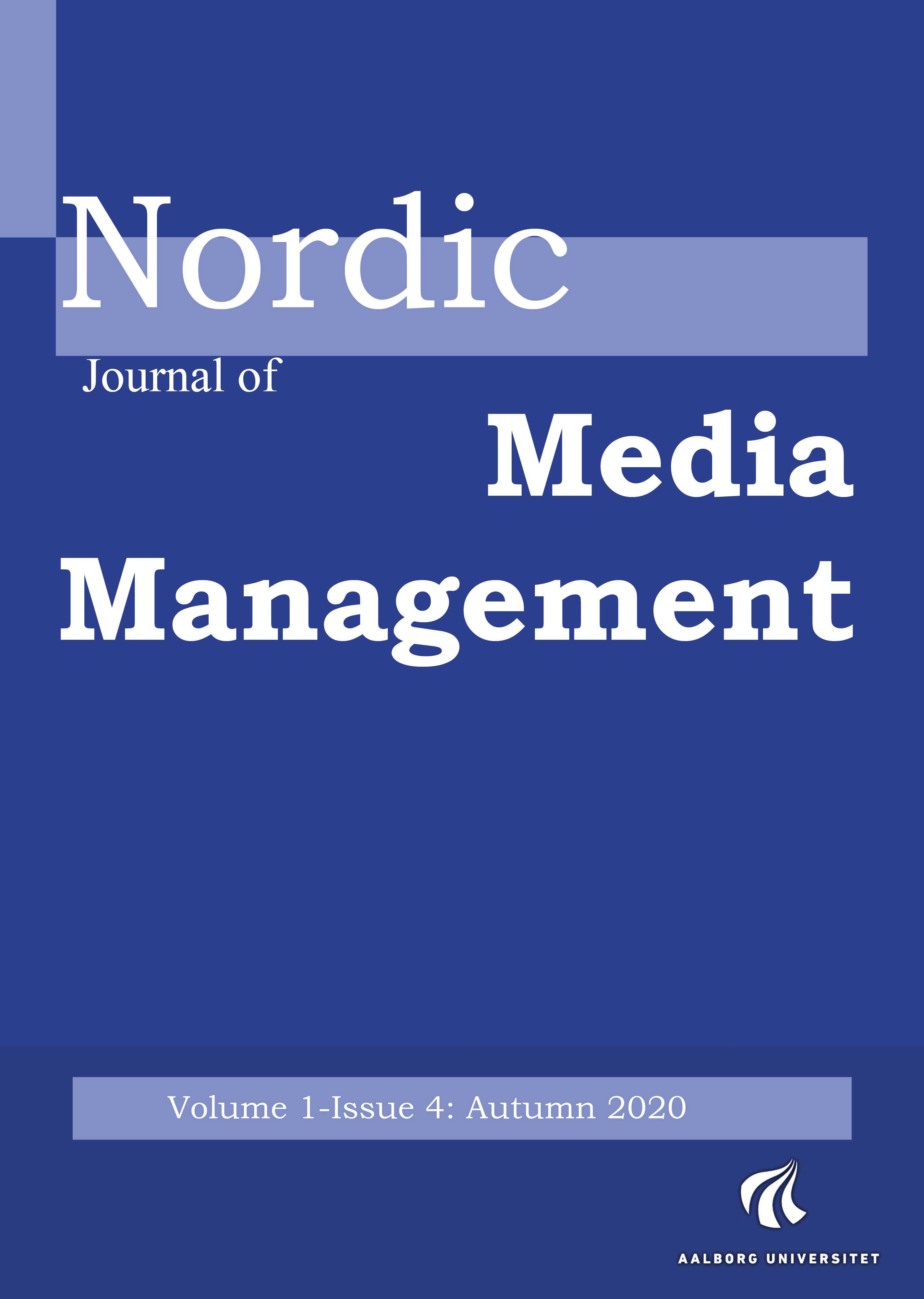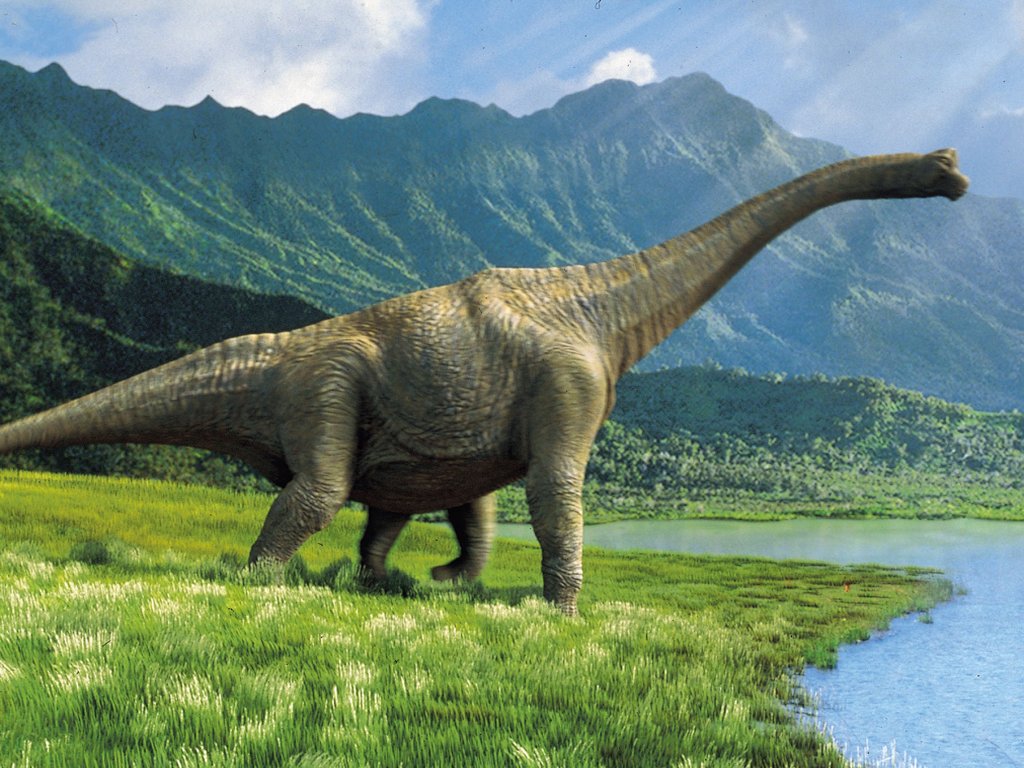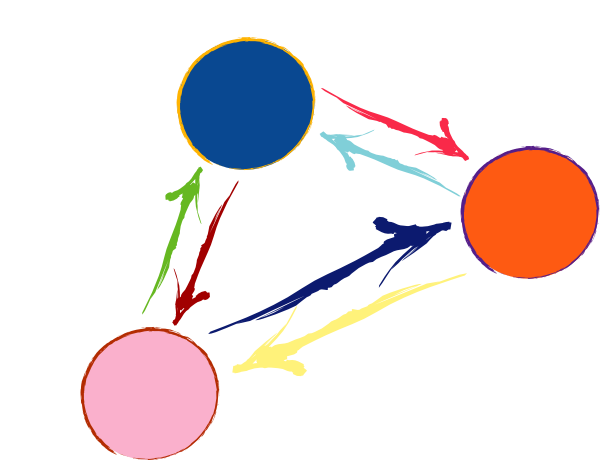2025 World Media Economics and Management Conference: Warsaw
The 2025 biennial World Media Economics and Media Conference will be held May 20-25 in Warsaw.
The 2025 biennial World Media Economics and Media Conference will be held May 20-25 in Warsaw.
I’m pleased to have been invited by the Scientific Committee of the World Media Economics and Management Conference to present my latest paper at WMEMC’s next biennial meeting this May in Seoul, South Korea.
Nearly 22 years ago, The New York Times (see story) if most consumers tend to gravitate towards the major news media sites online despite their back then having online access to all news media websites. Has that situation since changed?

Reality is that the world’s newspaper industry, indeed all of the Industrial Era’s legacy industries that are colloquially referred to as the Mass Media, have ultimately failed to adapt to the New Media environment, despite more than 25 years of endeavors, to…

Journalism professors who themselves have no academic training or professional experience in business yet who either believe they have solutions to the news industries’ business problems or who without that training or experience teach ‘media entrepreneurship’ dilute and interfere with the real solutions to the actual problems of media management and news business models.
As yet another magazine ceases publication in print, let’s discuss the general reason why the Mass Media is imploding and being superseded by Individuated Media.
As the Informational Era era and its Individuated Media supersedes the Industrial Era, the latter’s centuries-old forms of media industries (colloquially known as ‘Mass Media’) continue to implode. The remnants of the what used to be known as the Newspaper Association of America absorbs the U.S. Magazine Publishers Association.

“The definition of the thing establishes its essence.” – ‘Metaphysics’, Aristotle (384-322 BCE) Know what are talking about. Otherwise, you might become a producer of hype rather than success. Words have real meanings. The traditional media industries are so woefully misusing terminology…

This article published the peer-reviewed Nordic Journal of Media Management asserts that new, extremely popular modes of media services have arisen during the past 25 years that need to be critically categorized as different from the Mass Media we have known from…

As the Industrial Era wanes and the Informational Era dawns, the focus of my consulting and career has changed from Mass Media to Individuated Media. If you don’t know what the latter are, read this.

The financial disaster unforlding for the daily ewspaper industries due to the coronavirus pandemic is a late-stage event in an even greater struggle that has been underway in the media environment for more than 25 years. As the Industrial Era wanes and the Informational Era dawns, the predominant means by which most people under age 40 in developed countries obtain news, entertainment, and other information is now via Individuated Media rather than Mass. Click the headline to read this essay to find out what Individuated Media are and why they are supersededing Mass Media.

I think The Correspondent will be just a boutique operation. It is in vogue, will have its time on the catwalk, but isn’t a journalism business model that can be widely used. My prediction is that The Correspondent itself will succeed, but it won’t have a scalable business model..[click the headline to read this article that appeared in the December 2018 edition of the Digital Deliverance newsletter.]

Previous webpage: The Prism and New Media Chromodynamics The ‘Greens’ — A New Gravity When people’s access and choices of news, entertainment, and other information switches from relative scarcity to surplus, each person naturally gravitates to whatever mix of items from the entire…

Previous webpage: Maelstrom as the Flow Changes “I wasalmost a sorry witness of such doings, knowing that a little theory and calculation would have saved him ninety per cent of his labor.” — Nikolai Tesla about Thomas Edison’s exhaustive experimentations. Access and…

Previous webpage: Personalization, Customization, Individuation, and New Media. A spectacularly obvious but remarkably little noticed aspect of the epochal change underway in the media environment is a reversal of the locus where contents are consumed. By locus or loci, I don’t mean what…

Previous webpage: Social Media and Early Platforms for Individuation. Many media executives and media academicians inadvertently conflate the differences between the terms personalization, customization, and individuation. The terms differ in meaning. Here is a primer about correct usage: Personalization is a form of…

Previous webpage: The Malestrom as Flow Reverses Much like how marketers affixed unnecessary decimal points to the terms Web 1 and Web 2, they’ve begun to misuse the term Web 3. Some term Web 3 (or ‘Web 3.0’) to be anything they happen…

Previous webpage: The Rise of Search Engines Heralds Individuated Media Since the new millennium began, billions of people have discovered a more practical way to obtain a customized supply of news, entertainment, and other information than manually using search engines or revisiting numerous…

Previous webpage: The Significance of Web 1 (‘Web.1.0’) and Web 2 (‘Web 2.0’) Why did more than three billion people begin routinely using the Web when they were already being served news, entertainment, and other information by the publications and broadcasts of…

Previous webpage: Some Corollaries of the Interactions of Moore’s, Cooper’s, and Butters’ Laws As Moore’s, Cooper’s, and Butters’ laws exponentially increased the power of computer chips and the bandwidth of the fiber optic lines and wireless signals connecting those chips, billions of people…

Previous webpage: Butters’ Law Acting on Media Alone, neither Moore’s Law nor Cooper’s Law nor Butter’s Law would have led to the world we know today and the one we will know in the future. During the past 50 years, Moore’s Law, without…

Previous webpage: Cooper’s Law Acting on Media We don’t live in a ‘wired’ world, but a ‘fibered’ world. Wired communications is obsolete. Metallic wires could never have sustained the phenomenal growth of the Internet and of the global telecommunications networks in general. The…

My reputation as a New Media consultant to the news industry, including my appointment since 2007 to teach postgraduate New Media Business at Syracuse’s Newhouse School, largely result from work I did long ago. For ten years beginning in 1993, I helped…
Cocktails during Cinco de Mayo at the offices of Critical Mention above New York City’s 57th Street canyon I haven’t been posting much because I’ve been traveling most of the past few months — half that time to develop the video news…
“There are two kinds of people in the world: Those who believe there are two kinds of people in the world and those who don’t.” –Robert Benchley, American Humorist (1888-1946) There are two types of people who work in the new media…
I’ve more thoughts about the accelerating declines in circulations of major U.S. newspaper: Many newspaper executives are blaming the new Do-Not-Call anti-telemarketing lists for a large portion of their newspapers’ recent circulation declines. That is disingenous. In reality, the blame should be…